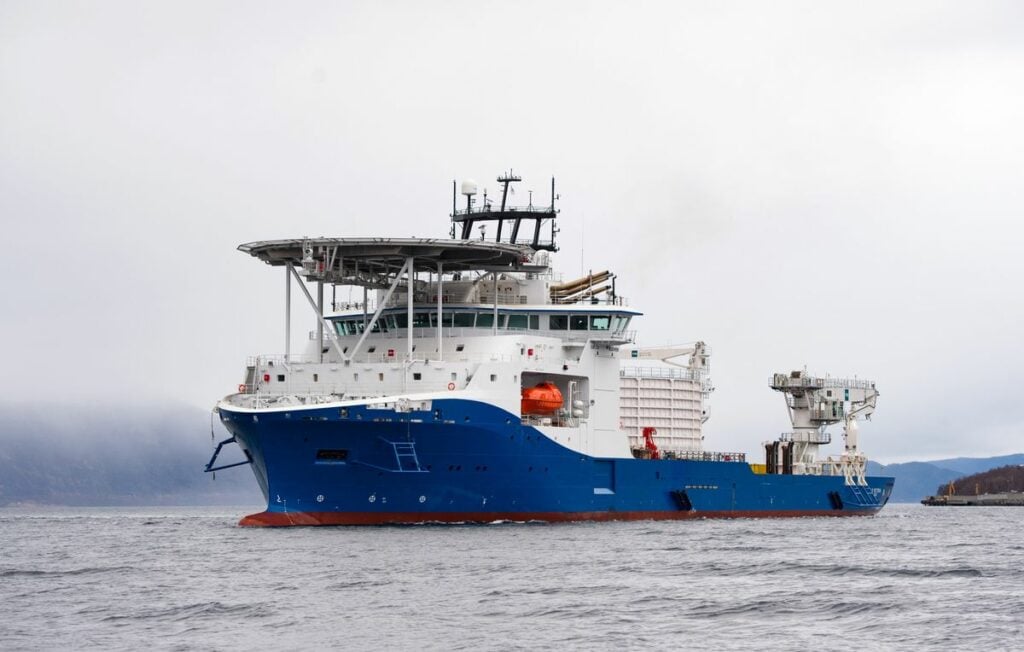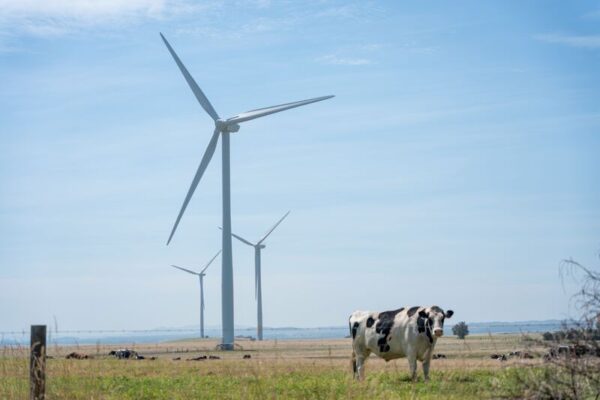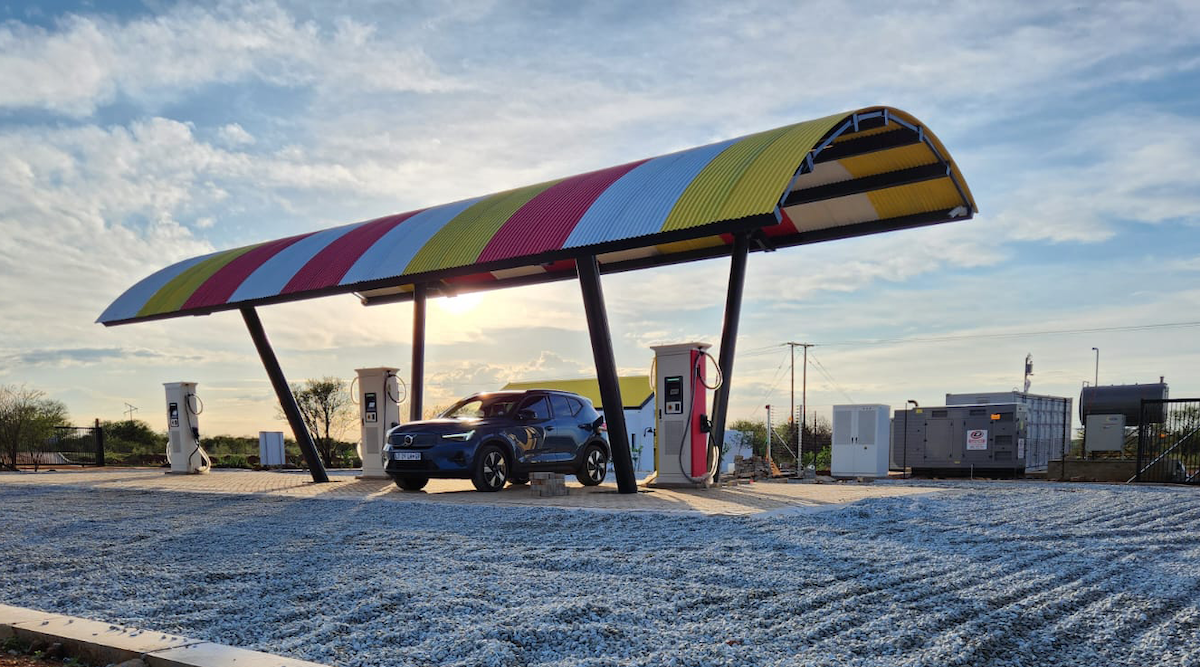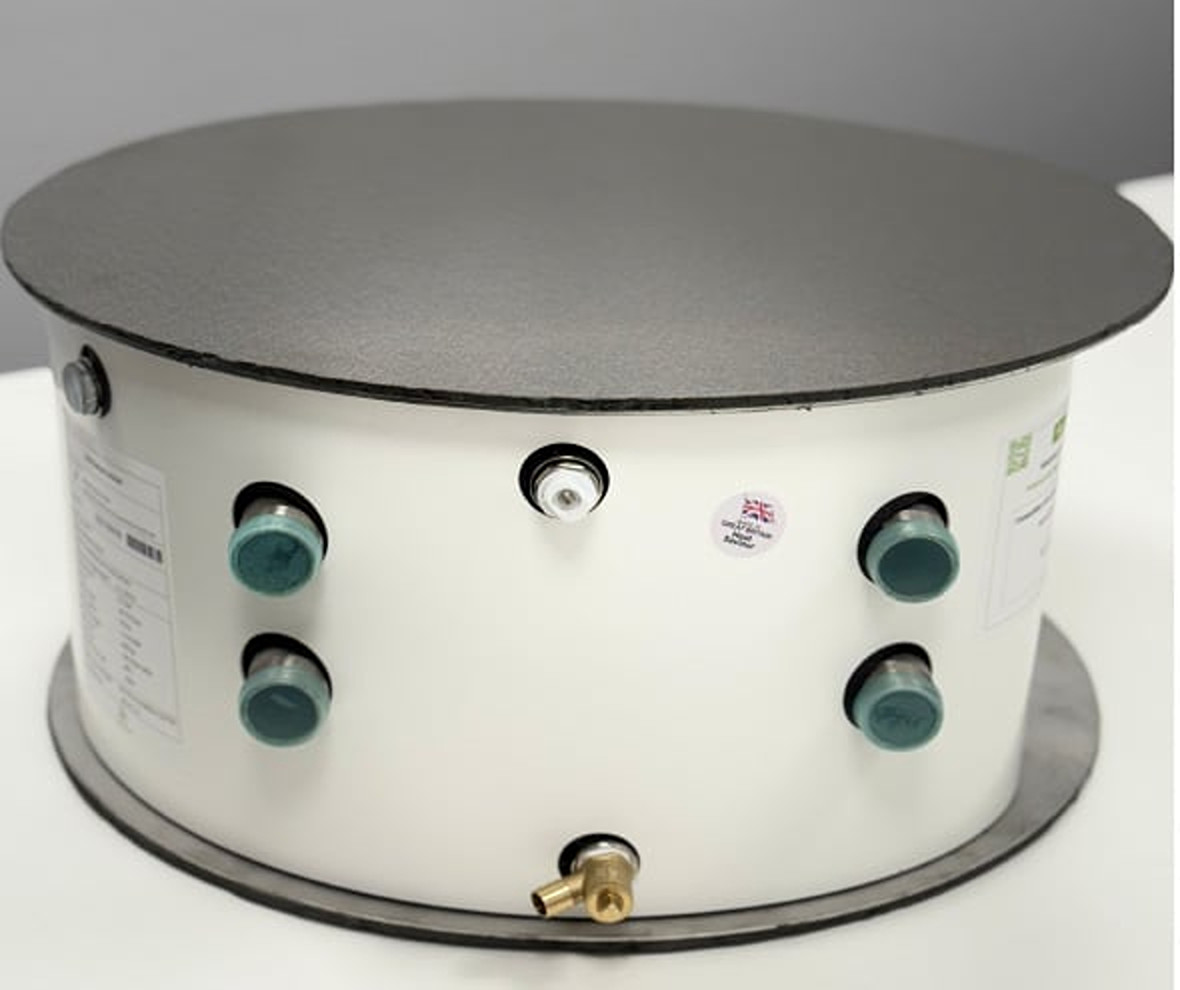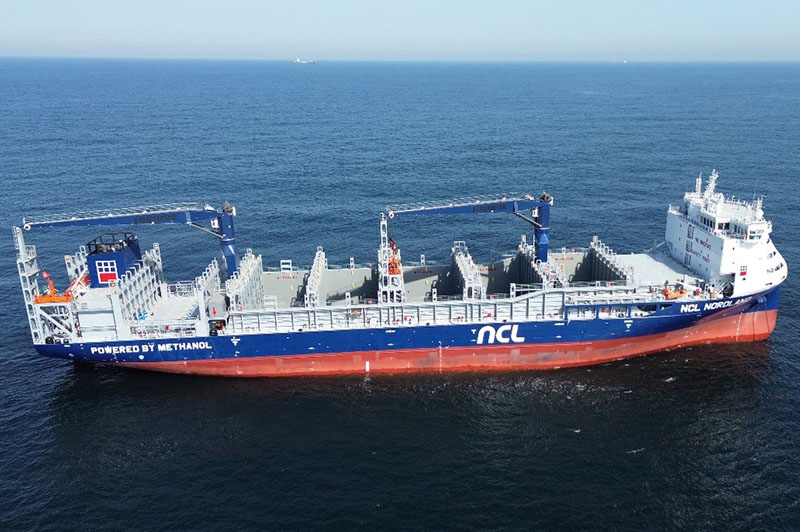NASA Glenn, University of Alabama in Huntsville Investigate FRCs for Transportation
A $299,000 National Science Foundation EPSCoR Research Infrastructure Improvement fellowship was awarded to the University of Alabama in Huntsville’s Dr. Nathan Spulak, an assistant professor of mechanical and aerospace engineering, […] The post NASA Glenn, University of Alabama in Huntsville Investigate FRCs for Transportation appeared first on American Composites Manufacturers Association.
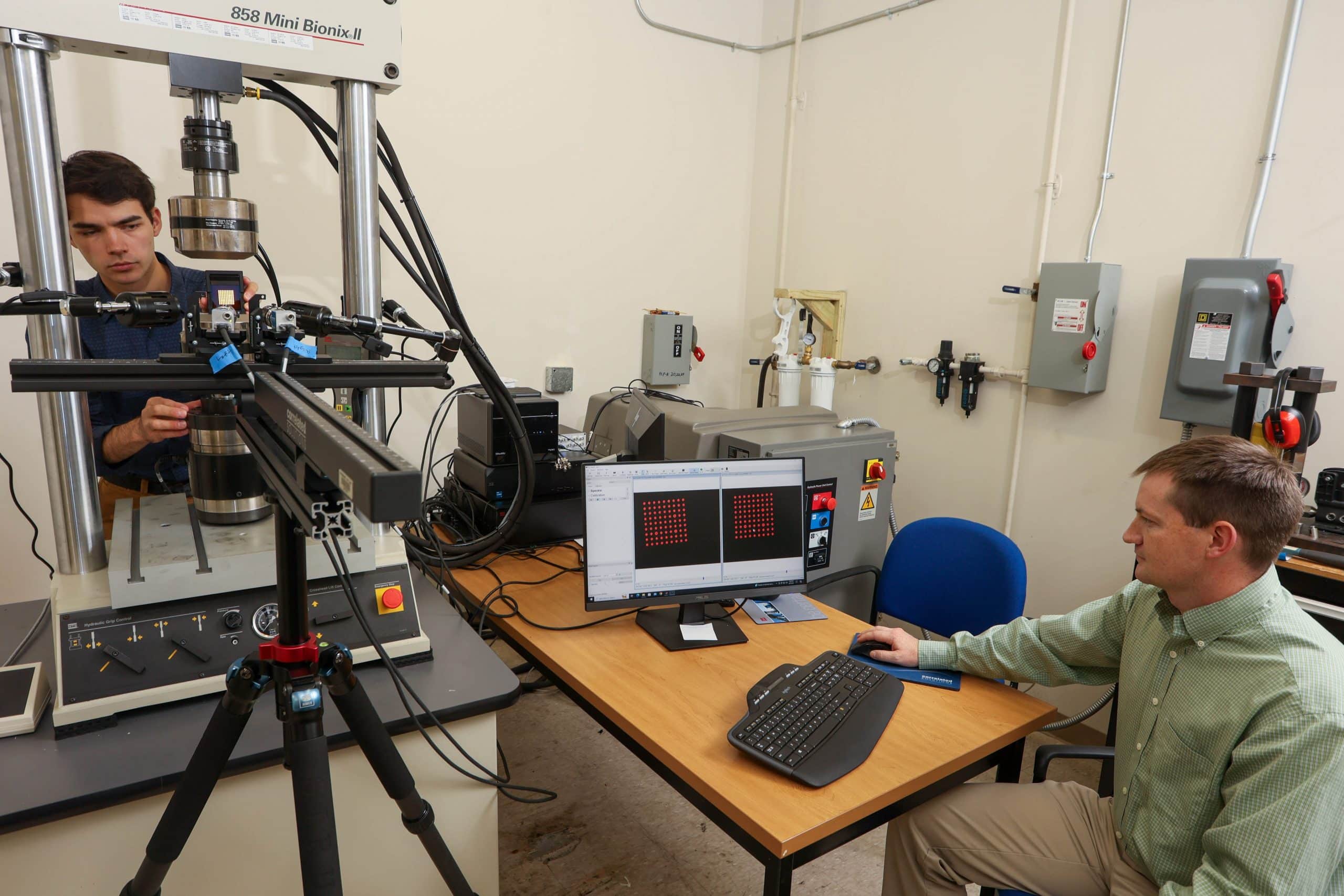
A $299,000 National Science Foundation EPSCoR Research Infrastructure Improvement fellowship was awarded to the University of Alabama in Huntsville’s Dr. Nathan Spulak, an assistant professor of mechanical and aerospace engineering, to support project work to enhance safety for earth, air and space vehicles and habitation structures by examining the characteristics of composite materials. A team from UAH, under Dr. Spulak’s leadership, will collaborate with researchers at NASA Glenn to expand the acceptance and adoption of FRCs as viable structural materials that will provide cleaner and more fuel-efficient transportation options with enhanced maneuverability and corrosion resistance. The lightweight of FRC-based components will also add to extended battery range and cargo capacity.
FRCs exhibit a high level of anisotropy and potential issues such as fiber breaking, matrix cracking, and matrix-fiber delamination. Understanding how the material will behave when subjected to high-rate loading is essential and will be addressed in depth in the research project. Impact and crush tests will be conducted then rate and temperature effects will be incorporated into the materials for finite element analysis.
“A key design criteria for such applications is the behavior of FRC structures during crash and impact events – yet, to date, even the most state-of-the art predictive models struggle to accurately capture the mechanical response of FRCs under these scenarios. There is currently no established experimental or analytical methodology capable of generating the desired level of accuracy across the broad range of loading scenarios that are possible during such events,” Dr. Spulak explained.
He continued, “The project will develop novel experimental and analytical methodologies to more accurately and efficiently determine the complex material properties of FRCs and assess how these properties vary with respect to the strain rate and temperature. The insights gained will enable a greater understanding of the fundamental mechanisms behind FRC deformation and fracture behavior, allowing for more informed design of novel FRC materials with enhanced performance.”
The joint project is set to run through December 2026.
The post NASA Glenn, University of Alabama in Huntsville Investigate FRCs for Transportation appeared first on American Composites Manufacturers Association.
What's Your Reaction?






















